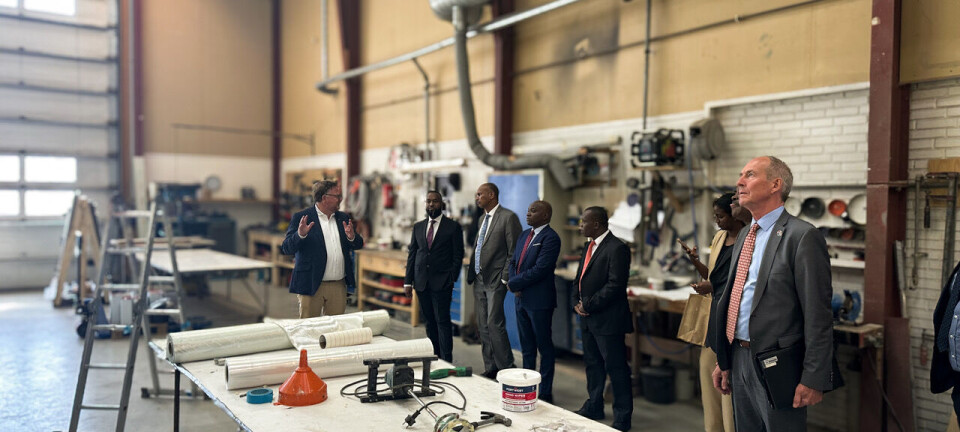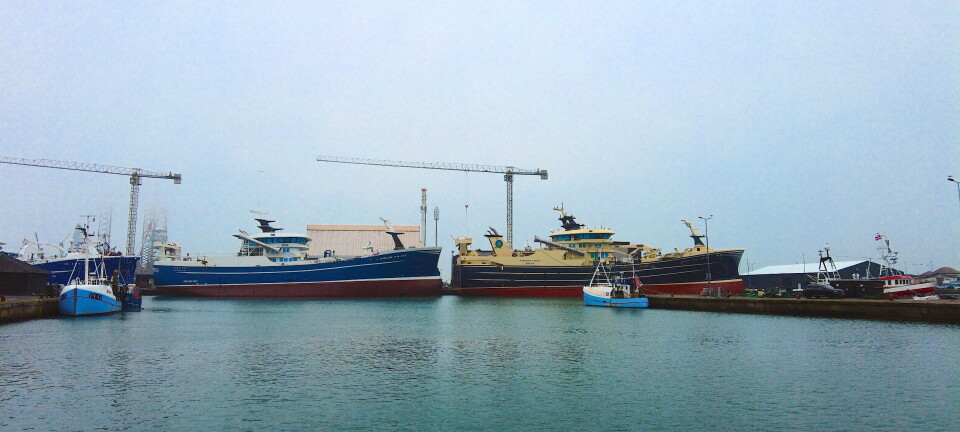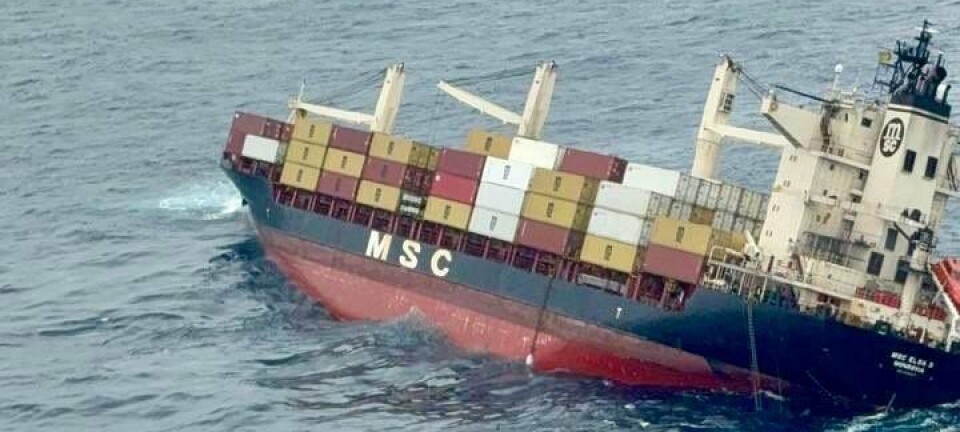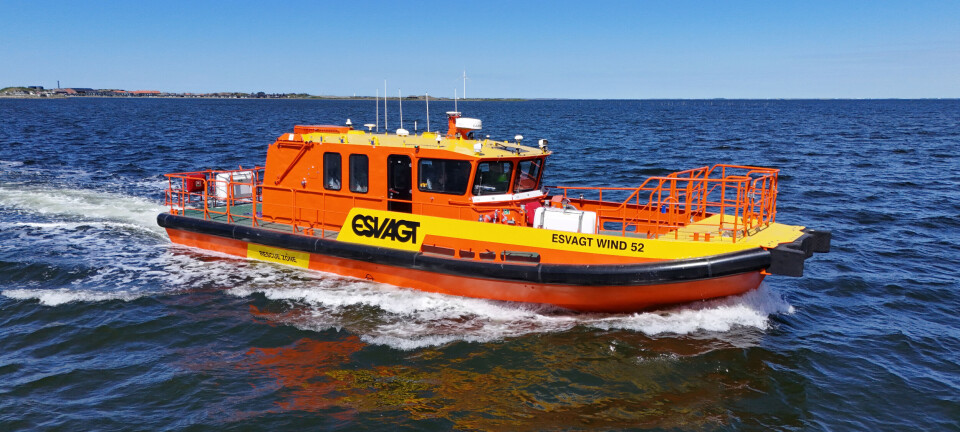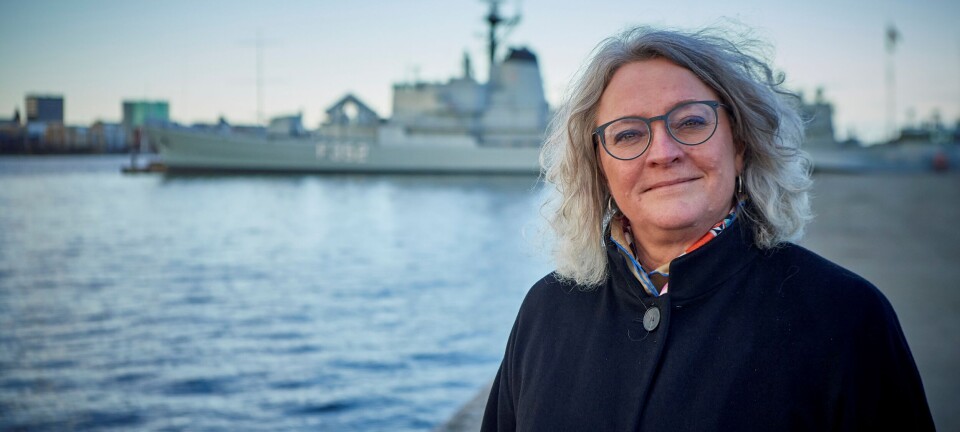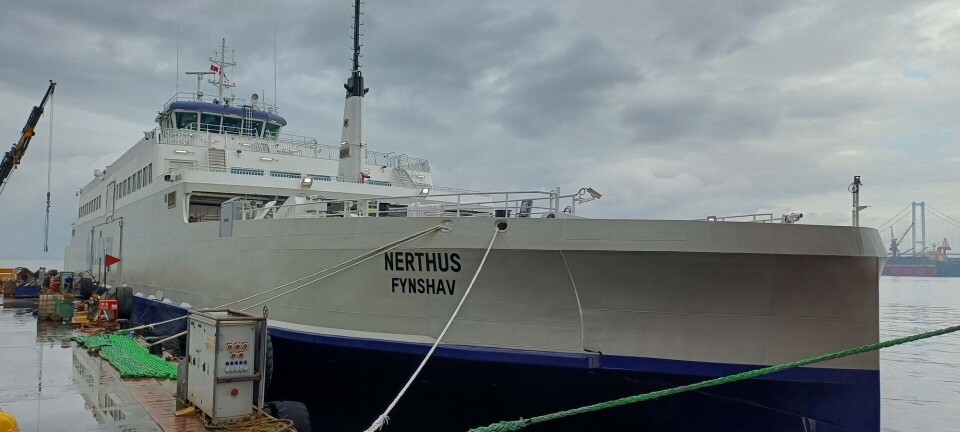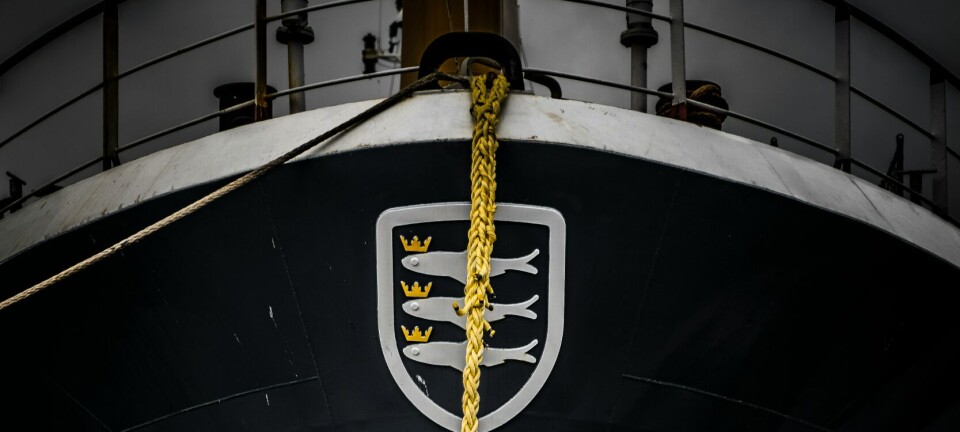Guyana rejects attempt to change maritime boundaries unilaterally
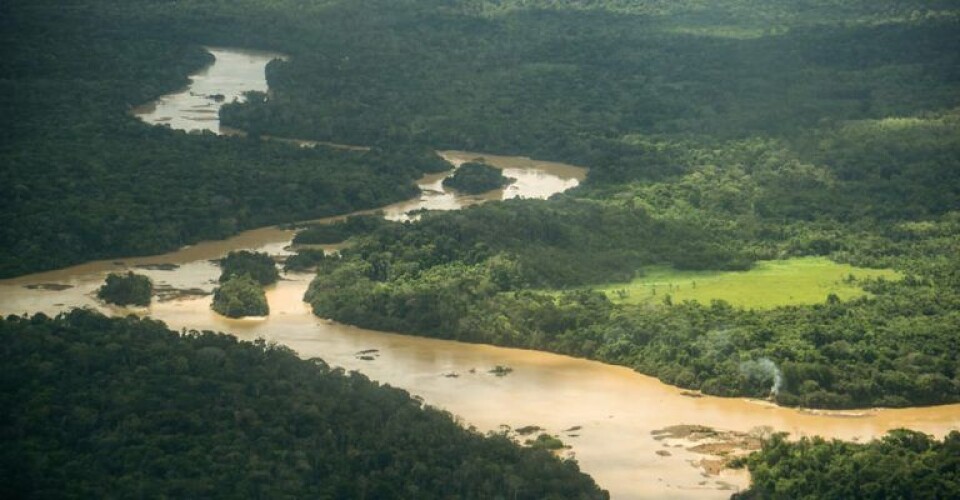
Sanctioned Venezuela is attempting to take control of precious oil-rich waters.
By Michael McGrady, Maritime Direct Americas Correspondent.
Irfaan Ali, the president of Guyana, announced that he has no intention of letting the Bolivarian Republic of Venezuela dictate changes to their land and maritime boundaries unilaterally, The Rio Times (Brazil) reported on January 10.
According to President Ali, the dispute pertains to the 1899 arbitration of a border dispute between Venezuela and Guyana and whether the Bolivarian republic has a right to annex oil-rich land and Atlantic seabeds off of the Essequibo River region.
Venezuelan President Nicolás Maduro claimed these land and maritime boundaries, causing a new chapter in the ongoing dispute. The areas where the dispute has occurred is a critical region for oil exploration. Since the U.S. government and much of the Western world has sanctioned Maduro and his government in Venezuela for totalitarianism and human rights violations, the geopolitical importance for these tracts of land and seabed are the utmost priority.
Ali wants to negotiate
In December, the dispute was heard before the International Court of Justice (ICJ) with the judicial body ruling that diplomacy is crucial.
“Since Guyana is sovereign over the coast west of the Essequibo River, as far as Punta Playa, it follows, consequently, that only Guyana can enjoy sovereignty and exclusive sovereign rights over the adjacent sea and seabed,” Ali said in a January 9 speech to his country. “This is precisely the issue that is before the ICJ, and which, on December 18 2020, the ICJ decided to resolve, i.e., whether Guyana or Venezuela is sovereign over that…territory.”
ICJ will serve as an arbiter in this matter. Maduro has renounced this decision, but Guyana, with the support of the U.S. government, intends to pressure Venezuela to come to the negotiating table. Emblematic of this commitment, Michael G. Kozak, the acting assistant secretary for the U.S. State Department’s Bureau of Western Hemisphere Affairs, voiced the country’s support for the ICJ decision.
“Maduro’s aggressive claims don’t change this, they only show the world his disregard for his neighbors and international law,” wrote Kozak in a tweet, which was shared by the U.S. embassy based in Georgetown — Guyana’s capital city.


